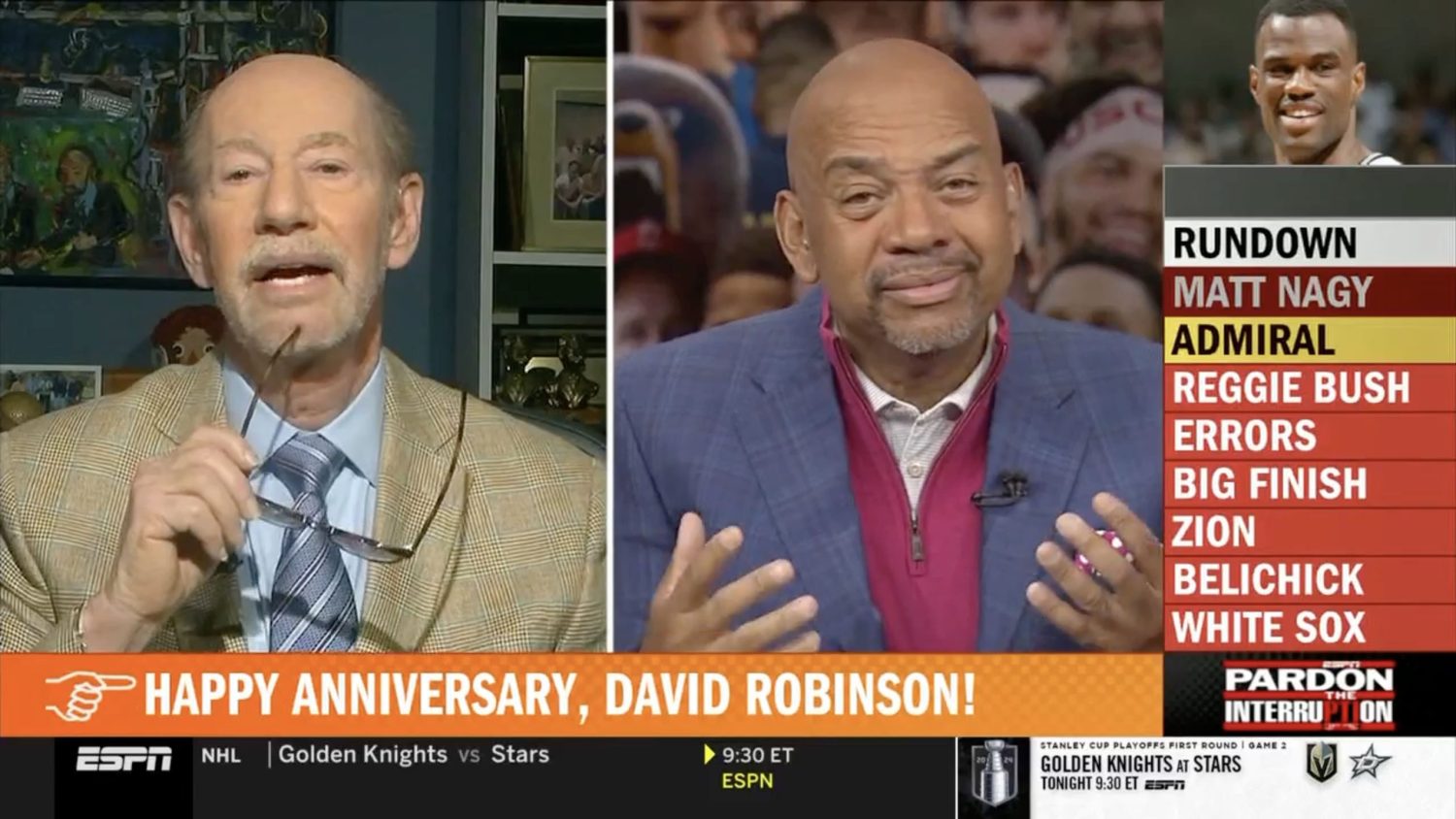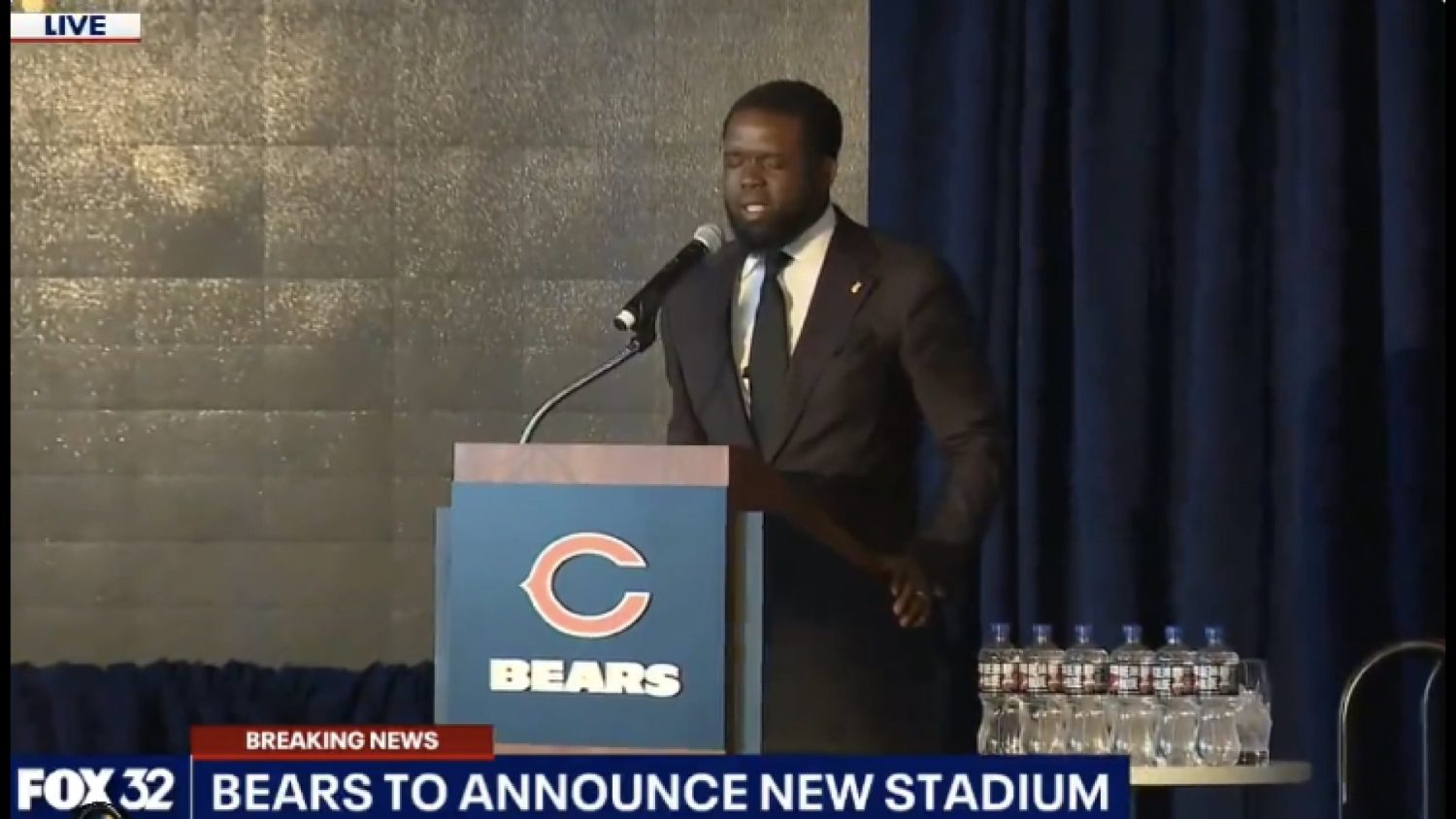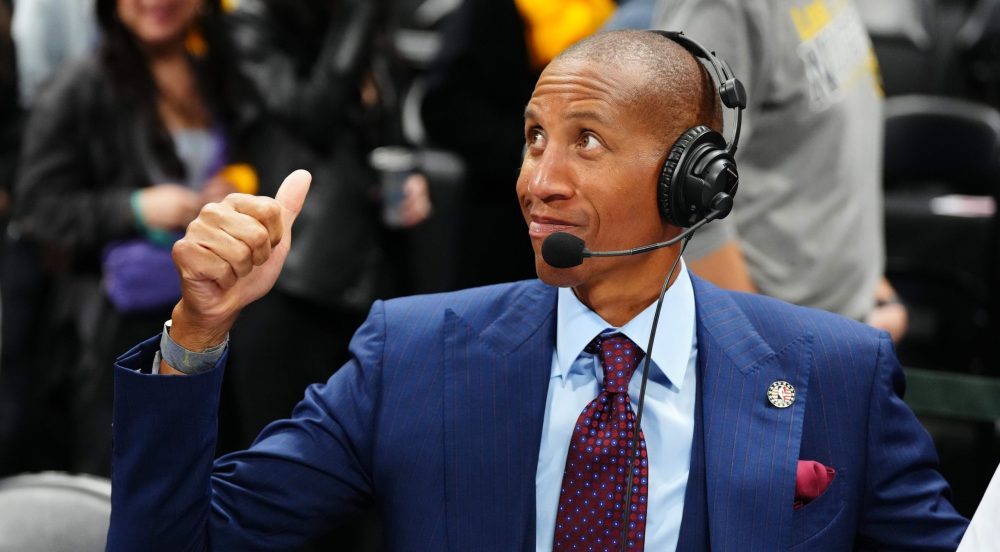A typical early defensive move in defamation lawsuits is motions for outright dismissal of the suit. We saw that with Pat McAfee’s filing earlier this week in response to an amended lawsuit claim from Brett Favre. Now there’s a similar motion from another media figure Favre is suing, Fox Sports’ Shannon Sharpe. Front Office Sports’ A.J. Perez wrote on that Wednesday:
“He stole money from people that really needed that money.”
That comment from Shannon Sharpe on FS1 was the focal point of a defamation lawsuit filed by Brett Favre earlier this year. Here's my @FOS story on Sharpe's motion to dismiss that lawsuit. https://t.co/Grw9Wnjer0
— A.J. Perez (@byajperez) May 4, 2023
That filing is largely similar to McAfee’s, and largely what you’d expect in these circumstances. The most interesting part of it may be what Sharpe’s lawyers have to say about his on-air claims about Favre on Undisputed (including that “stole money” one, a particular point of contention), and how they describe them as “couched in rhetorical hyperbole”:
“Sharpe’s opinions — commentary based on reported facts and couched in rhetorical hyperbole regarding an issue of public concern about a public figure — lie at the core of the protections afforded by the First Amendment and Mississippi law,” Sharpe’s lawyers wrote in a memo of support of their client’s motion to dismiss. “Sharpe’s comments are not actionable, and the complaint is irreparably defective on its face.”
Of course, in the United States, a media defendant in a defamation case does not need to prove their writing or commentary was completely factually accurate when it’s about a public figure. The standard established in 1964 Supreme Court case NYT v. Sullivan (and further codified in subsequent decisions) requires public figure plaintiffs to prove not just that statements were a. false and b. defamatory (the levels required for non-public figures), but also that they were made with “actual malice” (knowledge the statement was false, or “reckless disregard” for the truth of the statement).
That’s a much higher standard for defamation than is used in many other countries, which is why these U.S. cases often play out quite differently than, say, “Wagatha Christie.” And it’s how defendants like Deadspin in the Trevor Bauer case can win rulings even when the plaintiff takes issue with what they reported as fact, with the judge in that case writing “Whether those injuries included a skull fracture or simply ‘significant head and facial trauma’ and bruising does not change the nature of the accusations, nor would it produce a different effect on the mind of the reader.”
So Favre has always had an uphill battle here. But it is interesting to see Sharpe try a “rhetorical hyperbole” defense. And that’s especially true considering that exaggeration for effect relative to the facts was recently cited in a defense by some corporate colleagues at Fox News in the defamation suit they faced from Dominion Voting Systems, which Fox News eventually settled for $787.5 million just before it was to go to trial.
The latest
It is worth noting, however, that while McAfee, Sharpe, and former Mississippi auditor general Shad White have been sued by Favre, other media organizations that covered this have not been. That includes HBO on both Real Sports and Game Theory, the latter of which even prompted some Crain and Company hosts to suggest to Favre’s lawyer that he should sue that show and host Bomani Jones as well. As Jones said later, HBO programs on controversial subjects come with significant pre-air checks with the legal department and others, so that probably helps reduce “rhetorical hyperbole” that might be the basis for a lawsuit.
It’s unclear as of yet how Favre’s lawsuits against McAfee and Sharpe will go. As noted above, there’s a tough hill for him to climb, especially in proving “actual malice” and potentially “reckless disregard.” And there have been procedural issues with this so far too, with the initial lawsuit requiring an amendment to even include “actual malice,” and with Sharpe’s lawyers bringing up that Favre didn’t file a retraction demand before suing (under Mississippi law, that’s required 10 days before filing a lawsuit), which “provides an independent ground for dismissal.”
But it’s interesting to see Sharpe’s team using “rhetorical hyperbole” as a defense. And if this does get to trial, it might be quite interesting to hear just how he approaches hyperbole in regards to what he says on Undisputed. And that may have some notable dimensions in the wider context of sports debate and opinion shows.
[Front Office Sports; top image of Sharpe from a January 2023 episode of Undisputed]






